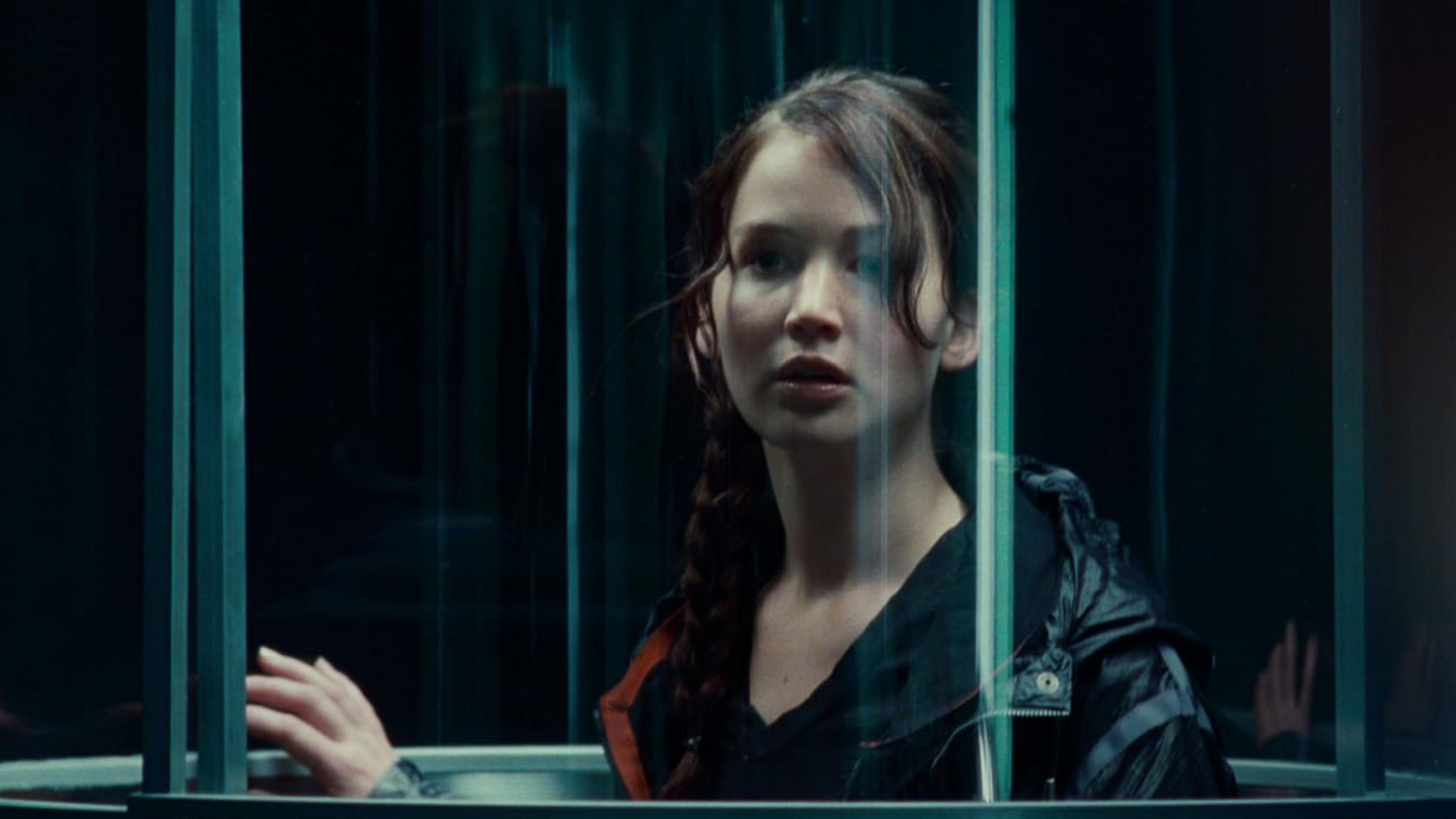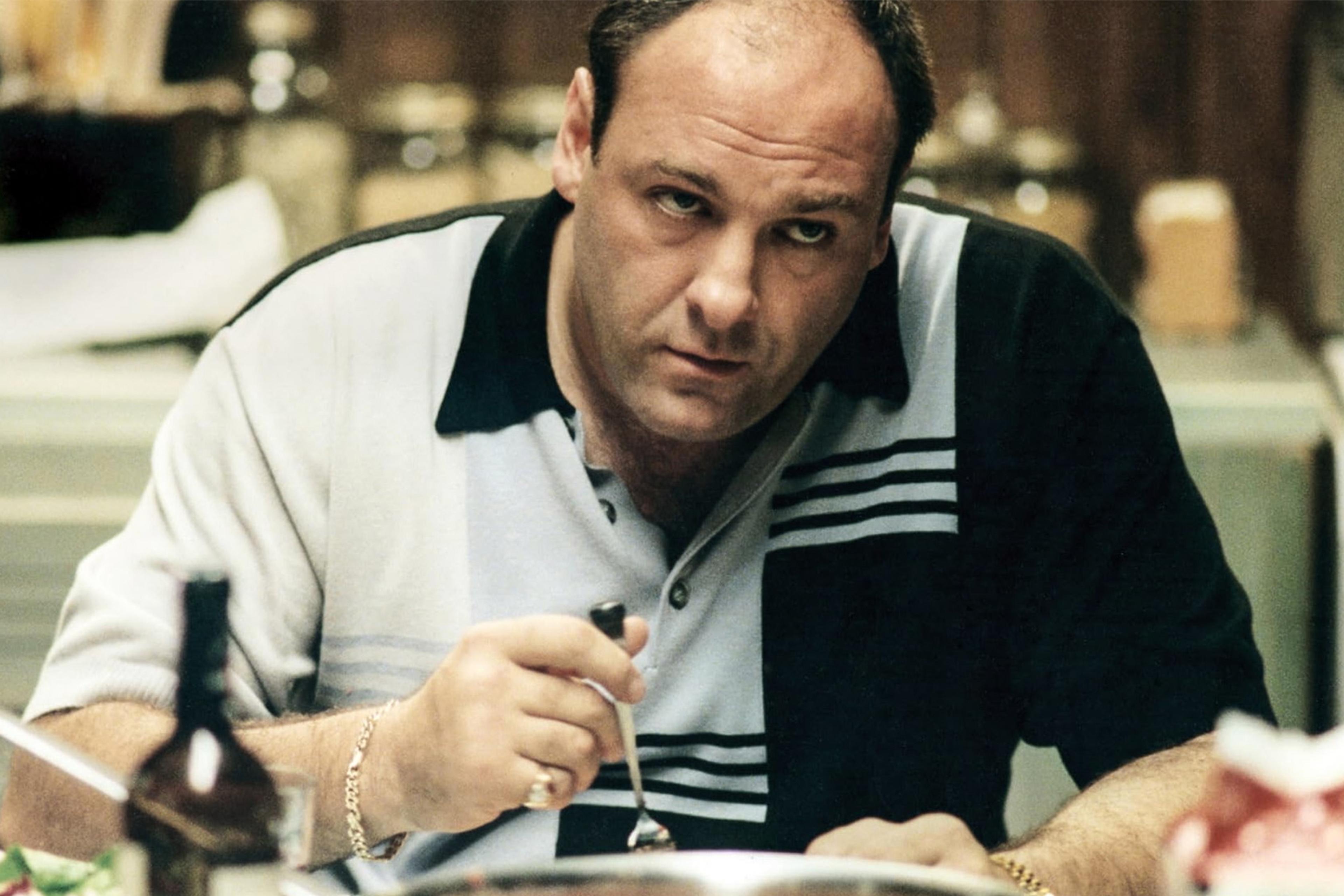How would Hollywood tell the story of a chess match? Not the players confronting each other across a chessboard, but the story of what is happening on the board itself. A typical Hollywood chess flick would no doubt position a heroic pawn as its main character – the more humble a protagonist’s origins, the more satisfying their eventual triumph. Picture an undistinguished pawn bravely stepping forward one square at a time, diagonally slashing its way across the board, facing down knights and rooks before confronting the king in a final battle and emerging victorious.
Yet such a narrative would also be plainly unrealistic to even the most casual chess player. Pawns are rarely ever used to deliver a final blow in a winning checkmate, let alone to conquer an entire board. Magnus Carlsen himself would be hard-pressed to win a match using only a single piece, even if it was the all-powerful queen. It takes the strategic manoeuvring of every node on the board to make a real difference. In chess, as in life, there is no such thing as a main character.
This chess-as-a-movie example highlights the limitations of Hollywood’s favourite style of storytelling – what media critics might label psychological storytelling. While almost every story told by humans contains some element of psychology, psychological stories are those that highlight the affairs of individuals to propel a narrative. The actions of a single protagonist are the centre of the story universe, around which the entire plot revolves.
From Sophocles to Shakespeare to the screenwriter Aaron Sorkin, psychological stories dominate human culture because they feature heroes with whom an audience can identify, villains they love to hate, and a crystal-clear delineation between the two. These narratives often work as effective moral parables, especially when the morality they espouse is relatively straightforward: ‘don’t screw your best friend’; ‘don’t murder the king’; ‘don’t murder the king and then screw your mother.’
The worst issues we face today happen not because of bad individuals but because of bad systems
The most iconic blockbusters both old and new are psychological stories. Whether in the Odyssey from ancient Greece or in Star Wars films from modern Disney – background characters are most often depicted as the helpless and impotent masses. It is always the lone hero – or occasionally a small band of them – who saves the town, or the nation or the universe.
It’s true, our history books brim with the stories of powerful men and women who played an outsized role in the course of history. For most of our primeval past, influence really was concentrated into the hands of the very few. But since then, heedless inventions like fossil fuels, airplanes, the internet and democracy have complicated matters. Humanity has entered an age of such collective complexity, consequence and power that the most pressing real-world problems of our time can no longer be solved simply by kicking a couple of bad guys in the face. The worst issues we face today – global warming, pandemics, resource scarcity – happen not because of bad individuals but because of bad systems.
Unfortunately, the dominance of psychological narratives manifests in the misplaced hopes we cast onto individual leaders – whether in the political, technological, social or religious realms – and the often simplistic ideas they put forward. We believe eliminating a lone CEO might change the behaviour of an entire industry, or that an individual billionaire could single-handedly clean up the government or move humanity to Mars. The very features that make psychological stories effective vehicles for basic morality also leave them unfit to explain the ethical headaches of our increasingly complicated lives.
Thankfully, there is another way to tell a story that better captures how our world actually works.
Consider The Hunger Games movie franchise, adapted from the dystopian teen-fiction book series by Suzanne Collins, in which leaders from the autocratic Capitol force children from the subordinate districts to fight each other to the death in a televised reality game show. The series is seen primarily through the perspective of a teenager named Katniss Everdeen, who becomes a symbol of resistance when she volunteers to replace her younger sister as a contestant in the annual battle royale, and ultimately emerges as an unlikely victor. Her repeated acts of defiance serve as fuel for a brewing social uprising. At first glance, The Hunger Games seems to be a saga about Katniss. It appears to be another standard Hollywood psychological story.
Yet look closer at the story’s engine, and you realise that the narrative largely happens to Katniss, not necessarily because of Katniss. It is a large bureaucracy of perversely incentivised politicians who create the rules and circumstances that lead to Katniss’s unwitting participation in the Hunger Games. Meanwhile, faceless and nameless industrial workers are the ones who spark the protests and eventual rebellion that trap Katniss at the centre of a sweeping social revolution.
In the last sequence of the franchise, Katniss is even given the opportunity for personal retribution with an offer to publicly execute the series’ main antagonist – the Capitol’s President Snow – with her own bow and arrow. But Katniss eschews this privilege, and President Snow is instead killed off-camera by a crowd of angry revolutionaries itching to play a part in his justice. The cathartic finale viewers have spent hours building toward is realised not by our ‘protagonist’, but by a mass of unacknowledged individuals.
Had Katniss been born in the Capitol, she would have watched the Hunger Games with amusement
This erosion of Katniss’s agency hints that The Hunger Games is in fact an example of a sociological story. In contrast to psychological stories, sociological stories are about institutions rather than individuals. While they often feature psychologically rich characters, these stories are more concerned with depicting the dynamics of social systems, primarily by illustrating how a character’s choices are motivated, influenced and nullified by the invisible social forces that surround them. It’s telling the story of a chess match by watching the entire board. Yes, Katniss helps spark a revolution, but it was already brewing well before her story begins, and would likely have eventually erupted even without her.
In sociological stories, the characters’ actions are more likely to be driven by their positions within a system, rather than by the particularities of their personalities. They act good or bad not because they are good or bad people, but because they are incentivised to behave in accordance with their positions on the societal chessboard. Katniss and the two-dozen other teenagers in the Hunger Games maim and murder each other not because they are young sadists, but because they are forced to do so by the social institutions that surround them. Had Katniss been born in the Capitol rather than the districts, she probably would have watched the slaughter of the Hunger Games with amusement, likely while holding a bowl of popcorn.
The characters in a sociological story may still experience personal tragedies and triumphs, but the dramatic arc of a sociological narrative is largely divorced from the emotional ups and downs of any one character. By the end of the first movie, Katniss and her fellow survivor Peeta win the Hunger Games, but dozens of other children lay dead, the social system that supports the games remains intact, and thus the film ends on a relatively dour note. By the end of the original Hunger Games trilogy, that malignant social system has triumphantly collapsed, even though Katniss and so many other characters have sacrificed nearly everything that makes their lives worth living. The fate of the system is decoupled from the fate of the individuals who comprise it.
One might hope that the success of a series like The Hunger Games would encourage more Hollywood studio executives to proliferate this kind of bird’s-eye storytelling. But those with greenlight authority in Tinseltown mostly think in terms of ‘simple’ and ‘complicated’ rather than ‘psychological’ and ‘sociological’. Complicated stories are risky bets. Simple formulas are more likely to succeed. Studio executives incentivised by the bottom line believe, perhaps with some evidence, that a simple story will be easier to digest and is therefore more likely to attract a broader viewership. Only a bestselling book series with a pre-built audience like The Hunger Games might occasionally prompt an unintentional exception to this Hollywood rule.
By pampering audiences with hero-led fantasies, the entertainment industry has largely denied us the kind of storytelling that reflects our reality – one in which individuals rarely incite change, our attitudes are largely products of the environments in which we live, and the ways in which we do make a difference are often unconscious and unintended.
If we want to tell more authentic and purposeful stories about topics like climate change, democratic instability, or even something as seemingly simple as how the device on which you are reading this was put together, we need more narratives to feature something other than the internal perspective of a single character.
While most Hollywood storytelling is psychological, there are a handful of other rare cinematic works that have been commercially successful while tilting further toward the sociological end of the narrative spectrum.
Among them is the financial-crash dramedy The Big Short (2015). Directed by Adam McKay and adapted from a Michael Lewis nonfiction book of the same name, The Big Short’s protagonists are a diverse group of Wall Street hedge funders looking to bet against the US housing market, not because they are especially greedy or apathetic, but because it is their job as fiduciarily responsible finance bros to make such potentially lucrative bets. These ‘protagonists’ work right alongside the ‘bad guys’ at the big banks that eventually trigger the very collapse of the financial system on which they are gambling. While many of the main characters never physically meet, their individual plotlines nonetheless merge into the sweeping story of an institution’s momentous collapse.
There exists a continuum between the extremes of psychological and sociological stories
At the end of this story, The Big Short’s protagonists make some money and rescue nobody – as is their job. There is no superhero who ‘saves the day’. Everyone simply watches helplessly as a global disaster beyond any of their individual control unfolds. It is a categorically un-Hollywood story, and yet it is also a valuable true story – the telling of which may help prevent Wall Street from making similar tragic mistakes again. The film not only helped simplify the complex financial practices that silently dictate many aspects of our lives, but also exposed the flawed incentives that encourage reckless behaviour by the banking industry, and reinforced the need for social regulations on such professions. It’s an example of the kind of storytelling of which our world needs more.
The choice for filmmakers and storytellers is not a binary one. There exists a continuum between the extremes of psychological and sociological stories. On one end are purely sociological narratives like the Foundation sci-fi series by Isaac Asimov, in which no character appears in more than two chapters and the story regularly leapfrogs by hundreds or even thousands of years between pages. On the other end of the continuum are stories that take place entirely inside one character’s mind, like Albert Camus’s The Fall (1956) or Fyodor Dostoyevsky’s Notes from the Underground (1864).
Neither extreme serves as the ideal stuff of a good movie. The best fables often rest somewhere in the middle. My favourite movie from my childhood, Titanic (1997), is both a tragic teenage love story as well as a parable of how man’s hubris can lead to large-scale disaster. But in our increasingly atomised media landscape, the centre of gravity has fallen too far to the side of individualistic tales, while ignoring the stories we collectively share as players walking on this planetary stage. The truly heroic deed for us all would be to champion narratives that better reflect the complex, interconnected and mechanistic modern world we’ve created for ourselves. Only then will we ever use storytelling to make it better.
Watch our video adaptation of this Idea








